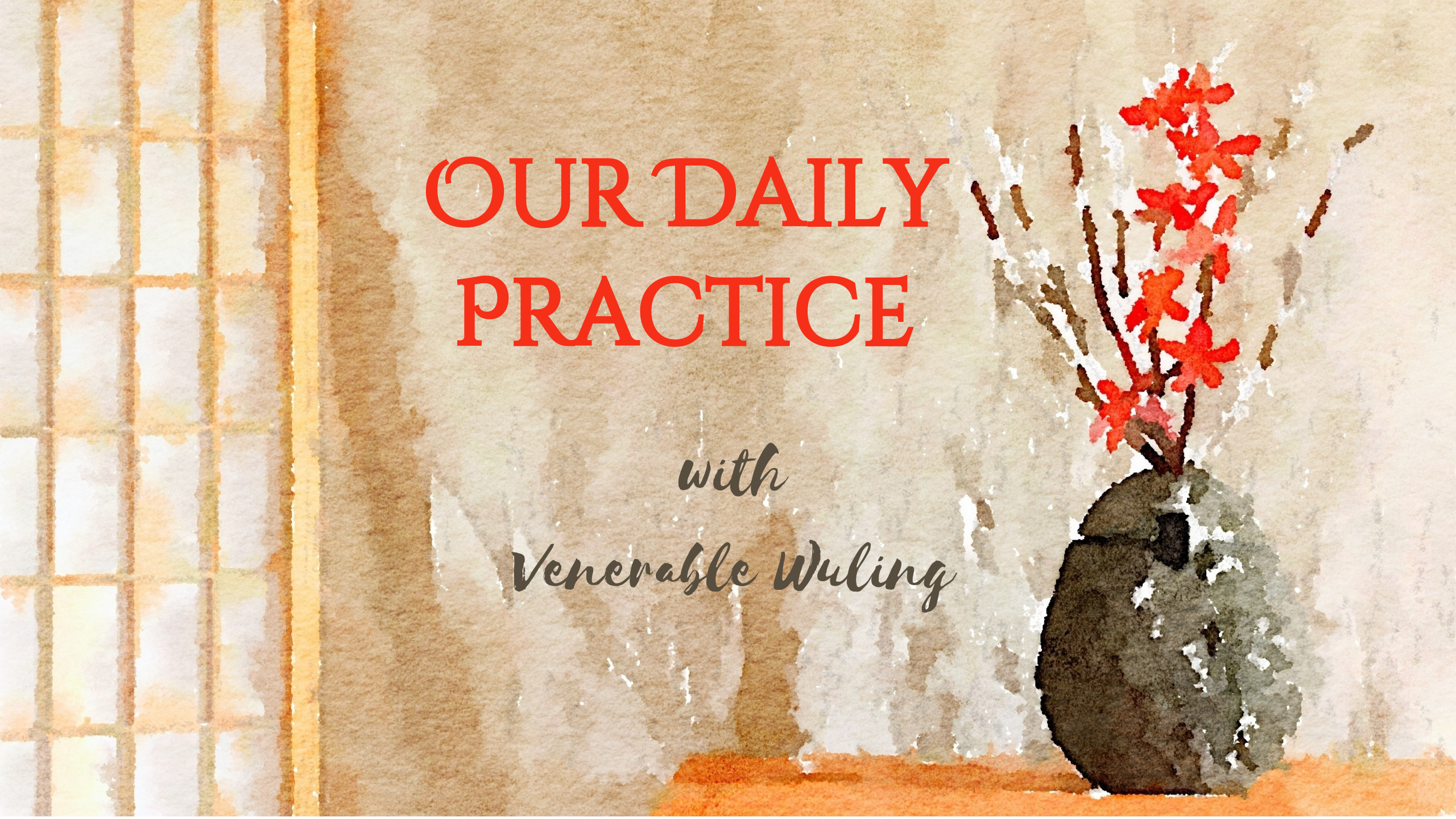 July 14, 2019
July 14, 2019 Live every day as if it is your last.
Most of us have a good idea of what we want, and need, to get done today. For many, it’s tasks at work. For others, it’s family responsibilities. Perhaps it’s running errands, watching TV, checking the news, lunch with a co-worker or friend, servicing the car, apologizing to our partner for last night’s argument.
There’s so much we need to do to meet commitments, so much we want to do for personal enjoyment, so much we hope to accomplish. A lifetime of to-dos.
But what if we found out that we don’t have a lifetime? What if we learned that all we have is today? Just 24 hours. Suddenly, things like TV, the latest gossip, car maintenance, etc., seem irrelevant. And things like family, friends, and maybe even work, advance to the front of our last To Do list. But it is our yearning to be born in the Pure Land in this lifetime that surges to center stage. And stays there. We need to view every day in this way. We need to focus on what truly matters.
We need to live every day as if it’s our last.
 July 8, 2019
July 8, 2019 If it’s so easy, why am I still here?
(Part Two)
While buddha-name chanting is indeed straightforward and the easiest of all the methods the Buddha taught, it’s not all that we do. Chanting needs to go hand in hand with cultivation. Why?
To attain birth in the Pure Land, we need an absolutely focused mind in our last moments. For this, we need the right conditions. What conditions? We need to be awake and coherent. If not chanting peacefully on our own, we need companions who chant to remind us that we have to chant.
How do we ensure we’ll have such rare conditions? We cultivate ourselves through moral, compassionate living. We live simply, using just what we need. We give our energy, time, and resources to those who have less good fortune than we. We strive to alleviate the fears and worries of others. We view the needs and concerns of others as seriously as we view our own.
Doing these, we will create the necessary good fortune to be able to chant “Amituofo” in those crucial last moments.


